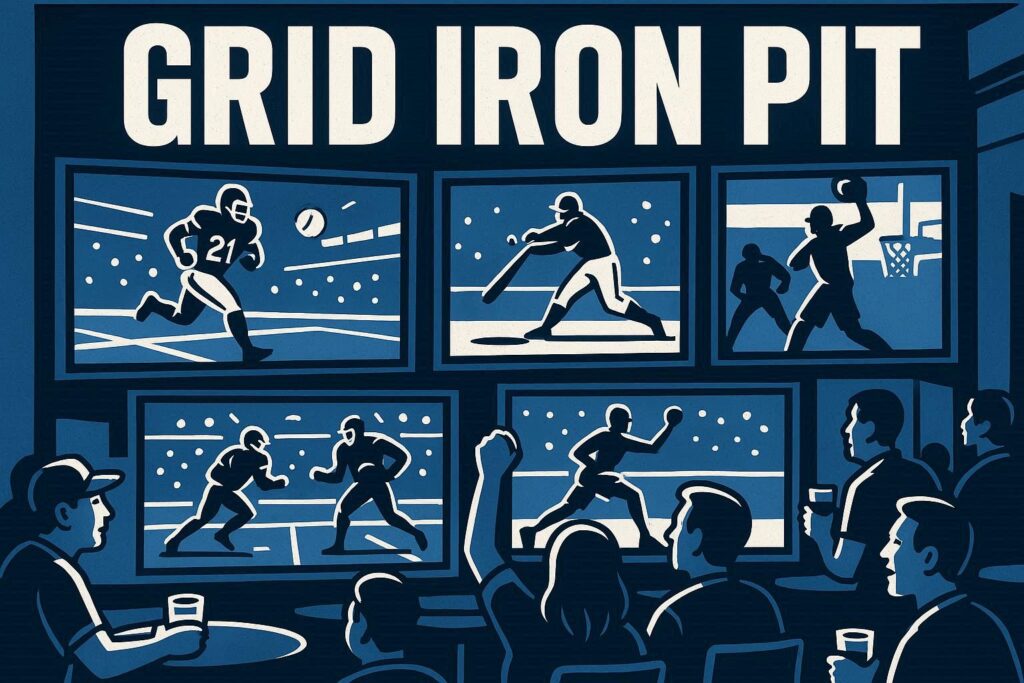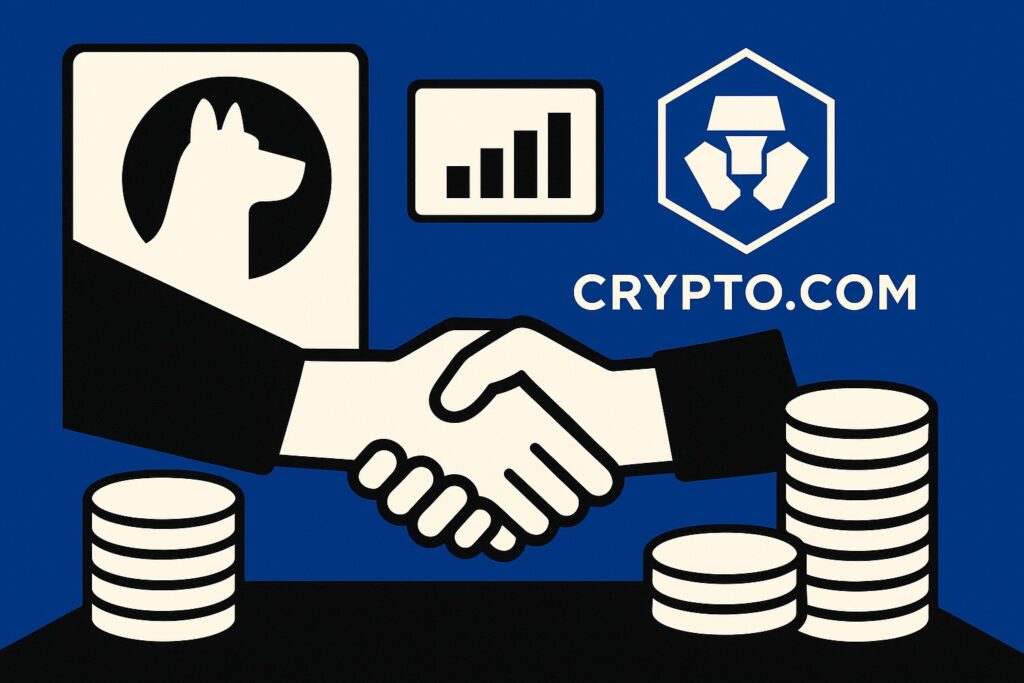Earlier this year, Spark Capital, the investment company that says “there’s no single right way” to invest in companies and products, led a $70 million round of funding into Underdog Fantasy Sports — at a $1.23 billion valuation. At the time, Underdog said in a press release the $70 million represented Silicon Valley’s largest investment in the sports betting space.
In a recent Earnings + More newsletter, that ranked as the top funding amount in the gambling sector — by far — in Q1. The second-largest investment came from a $17.9 million seed funding round led by Bullpen Capital, which sent $17.9 million to EDGE Markets, a financial technology company in the responsible gambling sector.
Spark Capital is a Silicon Valley-based company founded by, Paul Conway, Todd Dagres, Santo Politi, and Bijan Sabet.
So, what does it see in Underdog?
Underdog banking on innovation to stand out among tough DFS competition
It’s been a curious last 18 months for Underdog, a company competing in an industry that faces behemoth market leaders and flanking attacks from sweepstakes sports betting apps such as Fliff. Yet, Underdog makes bold claims, like being the fastest-growing sports gaming company in the United States.
Underdog claims to hold 4 million customer names in its database. But, given the huge chunk of the DFS market gobbled up by DraftKings and FanDuel, it remains to be seen how far Underdog can rise in revenue with its customer base as it teeters in the margins in the industry, which predates legal online sports betting. It is unique from DraftKings and FanDuel in that sense that it, and other DFS products like PrizePicks, offer against-the-house pick’em DFS contests, which closely mimic props bets on sports betting sites, in more than half of the states where it’s live.
“We’re going to continue to invest in people and product, and as fast as we can,” said Jeremy Levine, Chief Executive Officer and Founder of Underdog, in a press release announcing the investment. “There is so much more to build, and we’re going to keep building.”
Underdog, which was founded only five years ago, well after DraftKings and FanDuel were in the DFS space, has consistently touted itself as a technology innovator that happens to produce a gaming product. The Underdog Fantasy Sports app has a number of features which have altered the way users play DFS. For example, the Best Ball format, which automatically adds the top scorers to a fantasy owner’s team, and the first “High/Low” option, which works essentially like an Over/Under player prop.
Last year, Underdog suddenly pulled out of New York, making its DFS app unavailable in that large market. But a few months later it popped back up in the Empire State, without much of an explanation.
Spark’s investment track record
Spark’s track record in technology investments is impressive. In 2008, the company poured money into Twitter in the second round of funding. Spark Capital also saw potential in Tumblr, Slack, and Discord, prompting investments in those tech companies when they were startups.
On its website, Spark is bold about professing its strategy:
“There are no playbooks or rulebooks or formulas. Your culture is your company. It’s not about us. Nobody runs your company like you. Listening works. We have our own style. Products can make markets. Pattern-matching is for non-believers. Pitch decks aren’t everything. There’s no single right way to do this, but there are some pretty wrong ones.”
Even with the top heavy market share owned by DraftKings and FanDuel, there possibly could be a wedge available for Underdog to build a competitive brand targeting customers who want cutting edge products and technology — as well as the prop-style DFS contests, especially in states where real-money sports betting isn’t legal. Underdog also benefits from being solely focused on DFS, whereas many competitors are also operating online casinos.
With five years in the market and a new valuation at over $1 billion, Underdog is committed to a long battle.




